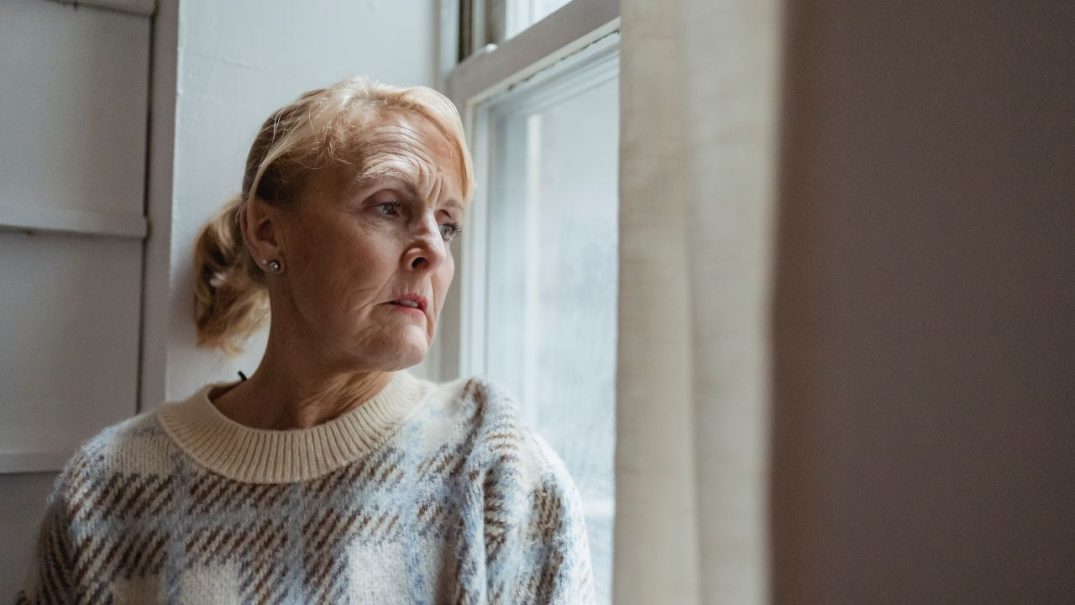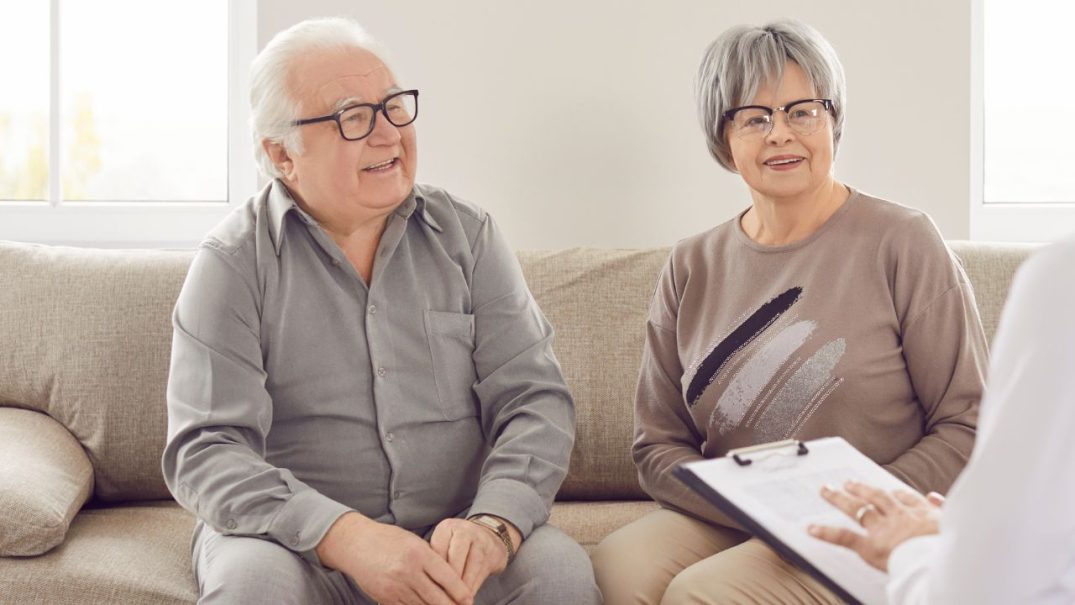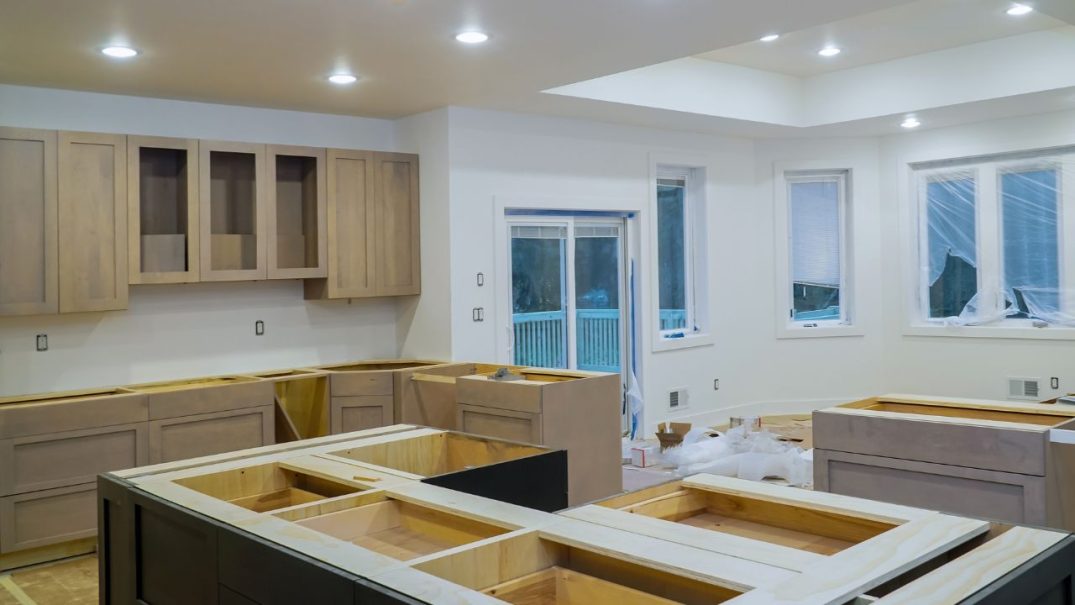
Consider hiring a professional caregiver to assist family members already burning the candle at both ends to provide a safe and caring environment.
I recently had a heart-to-heart conversation with a friend who spent 10 years as a caregiver for her aging and terminally ill mother. Her mother preferred not to hire a caregiver because she did not want a stranger at home. My friend cared for her mother without any additional assistance, until palliative care was her mother’s only option.
Our conversation was informative and at times disheartening to hear. One of the first things people say about aging in place is that it is less expensive than senior community living. There are more factors to consider when it comes to aging in place than cost benefit. For instance, your caregiver is putting themselves in a position of liability should the senior person become injured. The sole caregiver also places himself/herself at risk of burnout.
Get your copy of the “Preparing to Downsize” guide
It is difficult to determine which aspect of caregiving without assistance took the greatest toll on my friends’ quality of life. There were not enough hours in a day to visit friends or socialize. It was difficult to leave the house for any length of time without worrying that her mother would come to some harm in her absence. My friend had no vacations or weekends to rest and relax.
My first question to my friend was, if you had assistance from a trained professional, what would you do with that free time? She answered that she would have taken a nap without hesitation. It was nearly impossible to obtain a full night’s sleep. Her mother sometimes required assistance in the bathroom. No rest for the weary.
Caregivers’ burnout can lead to emotional and physical exhaustion. Loss of interest in previous hobbies. Feelings of hopelessness and helplessness. Changes in appetite and/or weight. Difficulty in concentrating and a lowered immune system result in sickness. Withdrawal from social interactions with friends, family, and other loved ones.
At the end of the conversation, my friend stated that she was very happy with her choice to help her mother age in place and remain at her home until it was no longer feasible, but help would have been appreciated. She said there were times when she had to be a caregiver first and a daughter second. As her mother’s condition worsened, she eventually became a caregiver. She had to bury her emotions or displeasure to maintain her mother’s well-being.
I think my friend did an incredible job of caring for her mother. Her experience has made me look at the subject of ageing in place in a new light. Caregivers also need care. Aging in place is a personal preference and a blessing when the family can assist with daily needs, but at what cost to the relationship? I would hire a trained professional to assist my family members/caregivers so that they can also preserve their quality of life.






